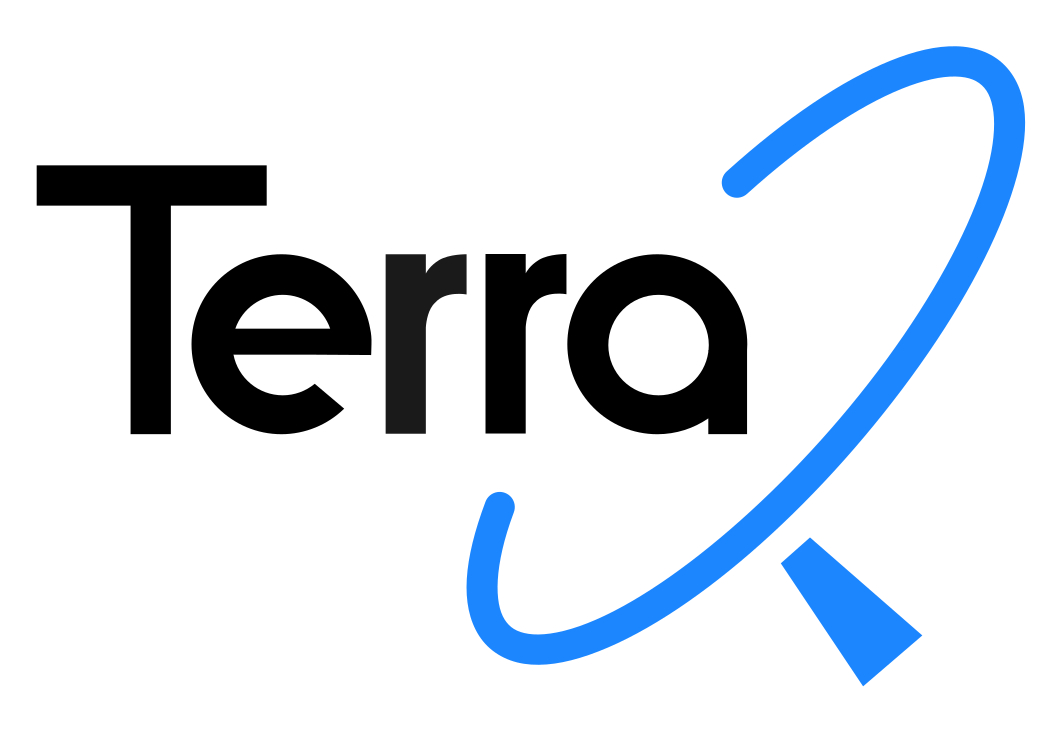The German Research Foundation DFG has approved the new research unit "Clock Metrology: Time as a New Variable in Geodesy". In this research unit, led by the Technical University of Munich, researchers are working in ten projects on the introduction of "time coherence" as a new additional connecting variable for geodetic measurement techniques. The goal is to be able to measure the Earth even more precisely in the millimetre range - for example, by integrating optical clocks.
Two of the projects are carried out by researchers from the Cluster of Excellence QuantumFrontiers and the Collaborative Research Centre TerraQ. Eva Hackmann and Claus Lämmerzahl from the Centre for Applied Space Technology and Microgravity at the University of Bremen are leading the project "General Relativity and Coherent Time", Jürgen Müller from Leibniz Universität Hannover and Christian Lisdat from the Physikalisch Technische Bundesanstalt are leading the project "Determination of Physical Heights via Time Transfer".
Background: The precise measurement of the Earth is not yet complete. This is of central importance, especially in view of climate change and natural disasters. The exact description of the Earth's surface is crucial, for example, when it comes to the rise in sea level due to the melting of the polar caps - currently one of the most imprecisely determined variables. The research unit's work is intended to establish new approaches here.















